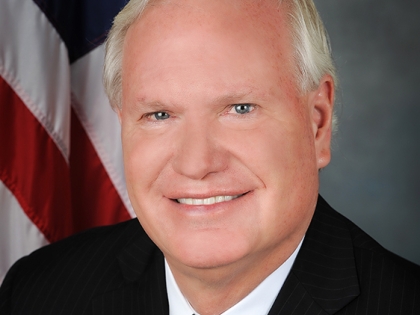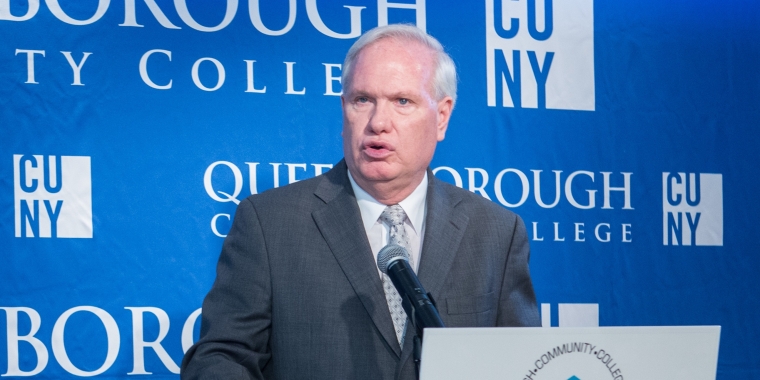
TimesLedger: Avella still seeking mute swan legislation
State Sen. Tony Avella is opposing a plan by the state Department of Environmental Conservation to eradicate mute swans across the state.
State Sen. Tony Avella (D-Bayside) said he is not letting up on his fight to stop the state Department of Environmental Conservation’s plan to eradicate thousands of mute swans, despite a statement from the agency last week saying it would reconsider its proposal to do so.
The DEC announced a plan in December to rid New York state of the entire population of wild mute swans, about 2,200 of them, and declare them a prohibited invasive species. Avella introduced legislation last month to establish a two-year moratorium on the plan to allow for research to be presented that proves the birds are causing damage to their surrounding environment.
According to the DEC, the mute swan species first made an appearance in New York in the late 1800s, but were typically kept in captivity. The release of the birds has led to large populations in areas surrounding Long Island and the Hudson Valley, including in Jamaica Bay.
The DEC announced last Friday that it would reconsider its initial plans and look into using non-lethal methods to control the mute swan population after a five-week public comment period yielded more than 16,000 letters and 30,000 signatures on petitions opposing the idea.
Despite the change of heart, Avella said he is still prepared to pursue the legislation that would stop the eradication or require solid proof that the birds are harmful.
“It’s a good first step, but it still doesn’t address the issue of why they’re going to do this,” he said. “They need to present why they feel the need to eradicate all 2,200 swans in the entire state. It’s bizarre.”
Avella has become known as a leader for animal rights, also supporting Mayor Bill de Blasio in his quest to end the horse-drawn carriage business in Central Park. The senator said he has had trouble pinpointing the real reason behind the DEC’s move to eliminate the swans and said he has questions about why the policy was initiated in the first place.
The DEC said in its original draft of the management plan that the birds are known to cause a variety of problems, including “aggressive behavior toward people, destruction of submerged aquatic vegetation, displacement of native wildlife species, degradation of water quality and potential hazards to aviation.”
Some pro-wildlife groups, such as the American Bird Conservancy and the National Audubon Society, have publicly supported the need for mute swan population control in the past through methods such as live capture or hunting. Many groups agree that the birds can present a danger to other species around them because of their aggressive behavior and constant vegetation diet.
But Avella said he thinks that more solid evidence is required before such a drastic decision can be made.
“After a certain amount of time, they’re no longer invasive, they’re part of wildlife,” Avella said. “They’ve been around for decades and if after decades the population is only 2,200, how can they be invasive?”
The first draft of the management plan also included the option for “responsible ownership” of mute swans in captivity, but sale or re-introduction into the wild would be banned if the bird were to be named a prohibited invasive species.
State Assemblyman Phil Goldfeder (D-Ozone Park), who represents the Jamaica Bay area, said he understands the DEC has a responsibility to sometimes manage animal populations, but he said he was happy to hear that the DEC agreed to rethink using lethal methods to accomplish that.
“These beautiful animals have become a part of our environment in Jamaica Bay and while some control measures may be necessary from time to time to ensure against overpopulation, it is wrong and immoral to seek to erase them from the landscape they have occupied for decades.”
The DEC said it plans to issue a revised draft of the management plan this spring, followed by another 30-day comment period, but Avella said he will use this time to continue searching for a legal way to stop the plan.
“Once the DEC comes up with a policy, they have a tendency to stick with it,” he said. “Even though they’ve postponed it, I’m still going to pursue this.”
Read the article here.


